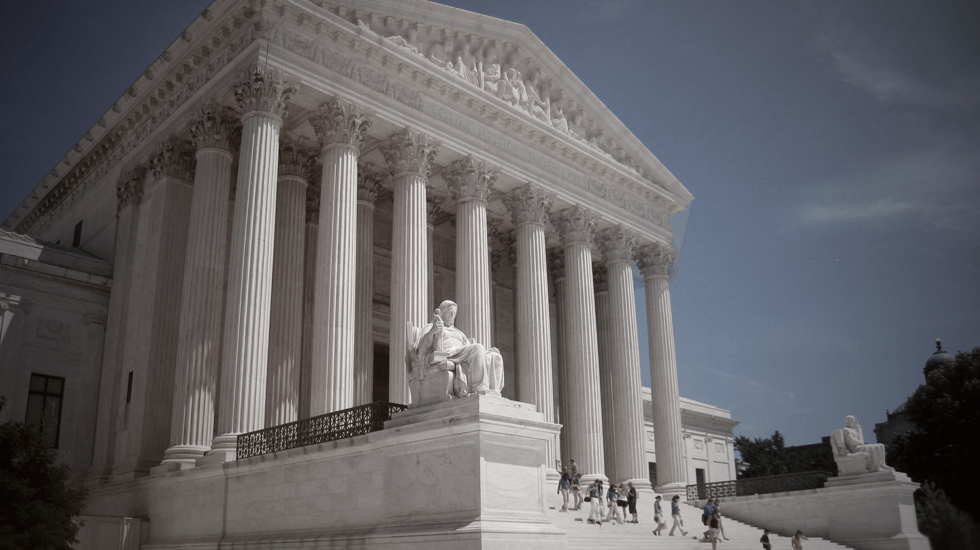You probably have your life stored on your smartphone. Everything from your contacts, credit card numbers, photos, passwords, you name it. An there’s probably information on that little box cradled in the palm of your hand you wouldn’t want the world to see. So, are all those bits of data private? Or, can the police seize information on your phone without a warrant? That’s the question before the Supreme Court in a landmark privacy case. Timothy Carpenter was convicted of robbery after police were able to pinpoint his location using tracking data from his phone. Carpenter sued saying the information obtained violated his fourth amendment rights to illegal search and seizure. But, police agencies have been using these kinds of searches for years. This excellent piece from New York Magazine tells us this case has high stakes:
What is clear to legal analysts and Court observers is that Carpenter is a hugely important surveillance case, one of the biggest of the past 40 years. And, its implications for citizens’ privacy go beyond just cell-phone tracking. The Carpenter case has received some media attention, but unless you are a surveillance law expert, you may not be aware of the enormous potential impact of the Court’s decision. It is no exaggeration to say that it could determine the future of our privacy in the internet and cell-phone age.
So what will the future of privacy look like? Will this mean every Google Doc, every text, every photo you regret could be legally obtained by the authorities without a warrant? And those same authorities could track your every move? This should be your “must read” of the day.
